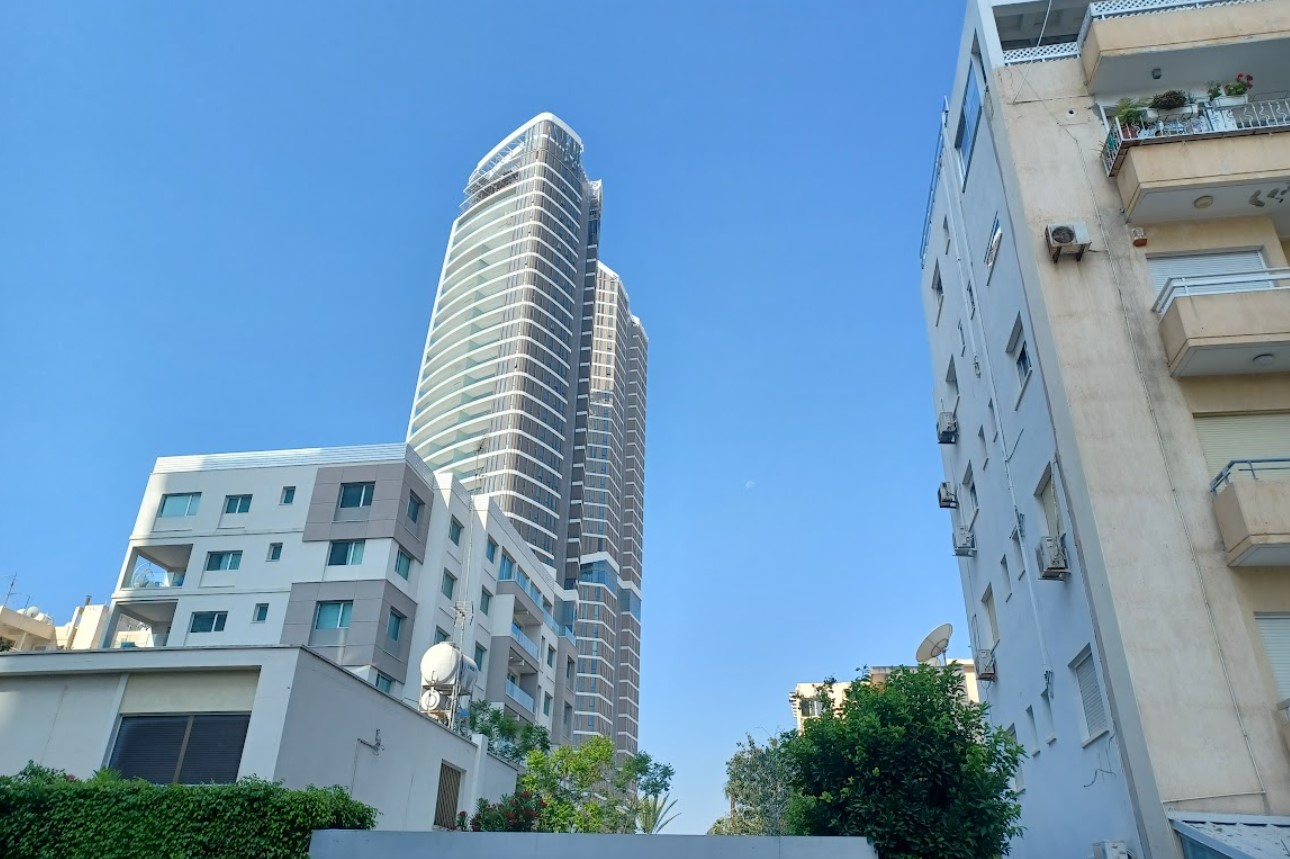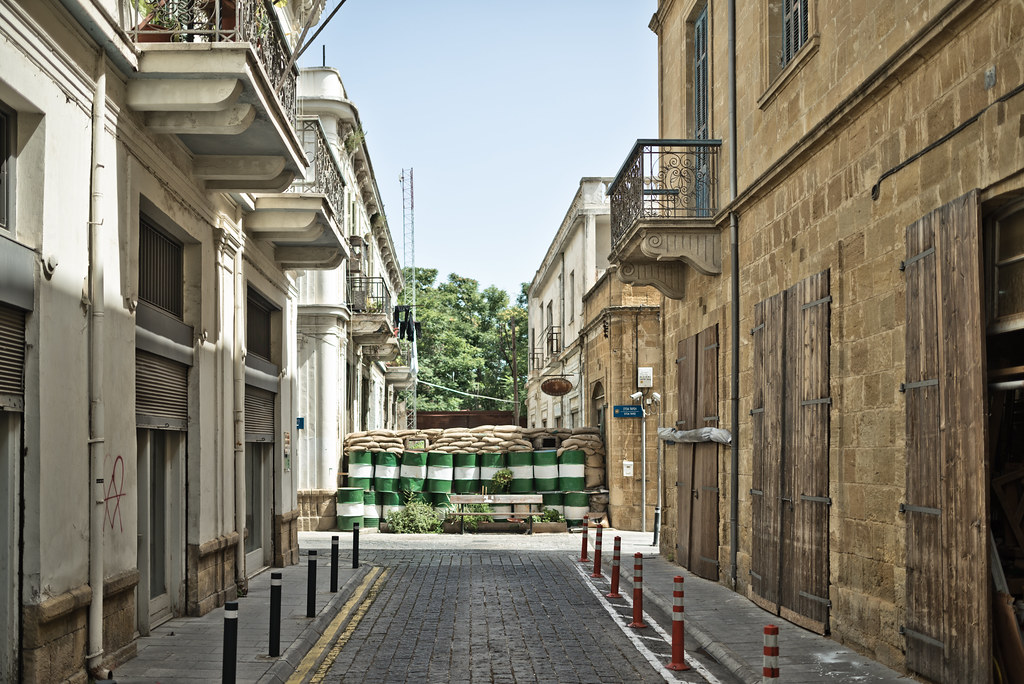Cyprus’ real estate market remains resilient and in high demand, with a strong start to 2025 confirming last year’s momentum, according to Cyprus Real Estate Agents Registration Council president Marinos Kyneyirou.
In a statement released on Monday, Kineyirou said that demand remains high from both local buyers and foreigners, particularly from third countries such as Israel and Lebanon.
Geopolitical tensions, he noted, do not appear to have dampened their appetite for investment, which in many cases concerns large-scale transactions.
Kyneyirou explained that the most encouraging element of the current environment is the supply of available properties, as the market offers a wide range of options that can meet the needs of buyers.
He added that if no serious external disruptions occur in the coming months, everything indicates that buying interest will be maintained throughout 2025, with prices remaining stable at current levels.
One of the main reasons for this stability, he noted, is the balance between demand and supply.
Referring to Eurostat data, he pointed out that while house prices in Europe have shown significant increases, Cyprus follows a more restrained path.
In the first quarter of 2025, the annual price increase in Cyprus stood at 2 per cent, considerably lower than the European Union average of 5.7 per cent and the Eurozone’s 5.4 per cent.
As he explained, this reflects a more moderate and stable trend in Cyprus compared to most other EU countries.
However, he also acknowledged that high prices have a notable impact on local buyers. While lending rates are gradually decreasing, the broader increase in the cost of living continues to affect disposable income, making access to housing increasingly difficult for many Cypriots.
He added that strong foreign demand has undeniably contributed to the upward pressure on prices.
At the same time, another factor that has fuelled demand from local investors is the very low interest rates currently offered by Cypriot banks.
“Since the returns on bank deposits are minimal,” he said, “many are turning to the real estate market as a more attractive option to invest their money and achieve better returns.”
Kyneyirou also stressed the need to dispel a persistent myth: that licensed real estate agents are responsible for inflating property prices.
“The impression that licensed real estate agents are ‘inflating’ real estate prices is nothing more than a myth,” he said.
“Our role is to offer our customers the best possible prices to facilitate the sale.” According to him, market prices are set primarily by the property owners themselves and are ultimately shaped by the fundamental principle of supply and demand.
Turning to regional dynamics, he said that Limassol continues to lead in terms of expensive and luxury properties.
Paphos, he mentioned, has seen strong demand over the past two years from both foreign and Cypriot buyers. In Larnaca, he observed increased interest in smaller apartments, mainly one- and two-bedroom units, particularly in suburban areas.
Although prices in Larnaca have risen significantly compared to three years ago, Kyneyirou noted that they remain more affordable than in other districts.
As a result, Larnaca has become an increasingly attractive option, even for buyers from Nicosia and Limassol seeking better housing or investment opportunities.
He also said that the Cypriot real estate market is “in a phase of intense activity and stability,” offering opportunities for investors while at the same time needing to respond to the pressing issue of housing affordability for locals.
Kyneyirou concluded by saying that “continuous monitoring of trends and adaptation to market conditions is crucial for its further development.”






Click here to change your cookie preferences